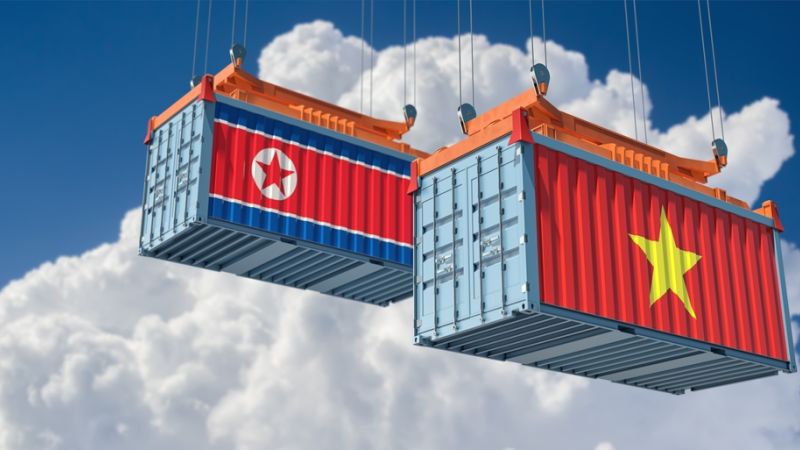South Korean President Lee Jae-myung and Vietnamese Communist Party General Secretary Tu Lam have pledged to raise bilateral trade to $150bn by 2030, as both nations seek to strengthen economic and strategic ties amid global market uncertainty.
The agreement was reached during a summit in Seoul, where the two leaders signed a joint declaration to deepen the comprehensive strategic partnership established in 2022. The expanded cooperation will span trade, security, science and technology, and official communications.
The commitment underscores both countries’ ambitions to boost economic resilience and broaden engagement beyond commerce. At a conference marking the anniversary of the Korea-Vietnam Free Trade Agreement (FTA), President Lee said the two nations shared “a clear, mutual goal” to significantly increase trade and investment.
“Vietnam is one of our most important partners in Asia, and together we can build a future of shared prosperity,” Lee said.
Vietnam currently ranks as South Korea’s third-largest trading partner and hosts nearly 86.7% of South Korean companies operating overseas. Bilateral trade stood at around $24bn last year, with South Korean firms heavily invested in manufacturing, technology, and infrastructure projects in Vietnam.
For General Secretary Tu Lam, the visit marked the first trip to Seoul by a Vietnamese party leader in several years and President Lee’s first hosting of a foreign leader since taking office in June. The meeting reflects both governments’ interest in elevating the relationship from a trade-driven partnership to one encompassing strategic and cultural dimensions.
Alongside the trade target, the summit produced at least 10 Memorandums of Understanding (MoUs), covering a range of sectors including nuclear and renewable energy, advanced technology, science, intellectual property rights, education, and citizen-to-citizen exchanges.
Energy cooperation featured prominently, with both sides highlighting the potential for joint projects in nuclear power and green energy. These initiatives are expected to complement Vietnam’s growing energy needs while offering South Korea expanded opportunities in its clean energy sector.
Technology and innovation also emerged as priority areas. Agreements will promote collaboration in research and development, digital transformation, and workforce training to help both economies adapt to rapid technological change.
Education and cultural exchanges form part of the partnership’s soft-power dimension. The two governments committed to facilitating student exchanges, language programmes, and community-level partnerships aimed at fostering greater mutual understanding between their populations.
Analysts say the $150bn target is ambitious but achievable given the existing momentum in bilateral trade and investment. However, they note that global trade tensions, supply chain disruptions, and shifting geopolitical dynamics could pose challenges to meeting the goal.
By committing to a broader partnership, Seoul and Hanoi aim to position themselves as reliable partners in an era of economic uncertainty — with shared ambitions to secure sustainable growth, enhance resilience, and deepen people-to-people ties.
The summit’s outcomes signal a renewed phase in Korea-Vietnam relations, moving towards a multi-faceted alliance built on mutual benefit and strategic cooperation.

